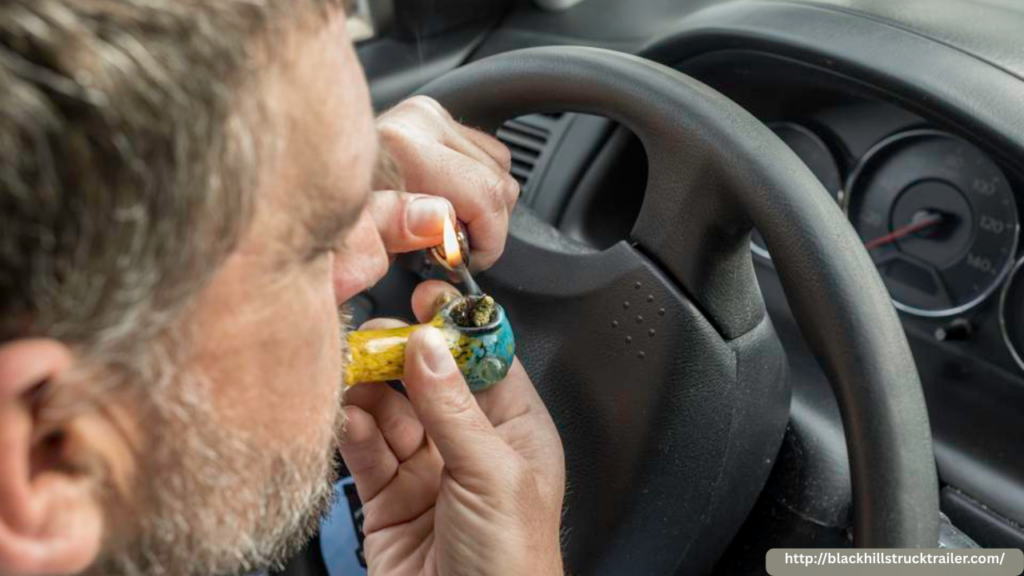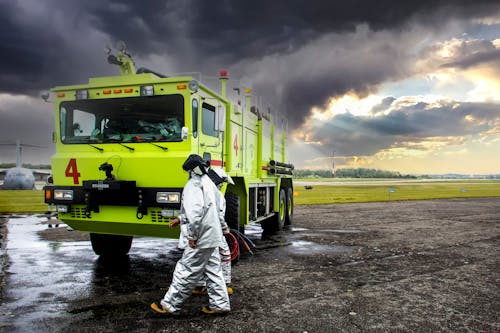
Addiction is a silent struggle for many truck drivers who spend long hours on the road, isolated from loved ones and under immense pressure to perform. The unique challenges of the trucking profession—including fatigue, stress, and loneliness—can contribute to the onset or worsening of substance use disorders. But hope is not lost. With the right resources, support systems, and industry-wide changes, recovery is not only possible but achievable for thousands of truckers facing addiction.
Understanding the Unique Challenges
Truckers face a work environment unlike any other. Prolonged time away from home, erratic sleep schedules, and high expectations create an atmosphere where mental and physical health can suffer. To cope, some drivers turn to stimulants to stay awake or opioids and alcohol to relax.
This cycle of substance use can spiral into dependency, especially without access to medical or emotional support. The transient nature of the job often prevents truckers from establishing long-term healthcare relationships, making consistent treatment more difficult. As a result, many suffer in silence.
Accessible Resources for Recovery
Breaking the cycle of addiction starts with awareness and access to appropriate care. Fortunately, a growing number of resources are becoming available specifically for truckers:
- Substance Abuse Professional (SAP) Programs: Required by the Federal Motor Carrier Safety Administration (FMCSA) for drivers who test positive for drugs or alcohol, SAP programs provide evaluation and treatment referrals to help drivers regain their commercial licenses.
- Telehealth Services: Online counseling and therapy platforms have made it easier for truckers to receive mental health and addiction support while on the road. These services offer flexibility and privacy, which are crucial for long-haul drivers.
- Employee Assistance Programs (EAPs): Many trucking companies now offer EAPs that include confidential counseling, support groups, and addiction treatment referrals.
- Rehabilitation Facilities: Some rehab centers offer specialized programs for truck drivers, taking into account the unique demands of the profession. These programs may focus on relapse prevention strategies and vocational training to help drivers re-enter the workforce.
Peer and Community Support
One of the most powerful tools in addiction recovery is community. Peer support groups such as Alcoholics Anonymous (AA), Narcotics Anonymous (NA), and trucking-specific forums like Sober Trucker Nation provide vital emotional support and camaraderie.
These communities allow truckers to connect with others who understand the challenges of life on the road. Sharing experiences and offering encouragement fosters accountability and reduces the stigma often associated with addiction.
Industry-Wide Responsibility
Recovery isn’t just an individual journey; it’s a responsibility the entire trucking industry must share. Employers can support recovery by:
- Offering education and training about substance abuse and mental health
- Creating non-punitive policies that encourage seeking help
- Implementing fair scheduling practices that allow for rest and recovery
A Healthier Road Ahead
Addiction doesn’t have to define a trucker’s career or life. With the right resources, compassionate support, and industry reforms, truck drivers battling addiction can find a path to recovery. By prioritizing wellness and creating a culture of care, the road ahead can be one of hope, health, and renewed purpose.








